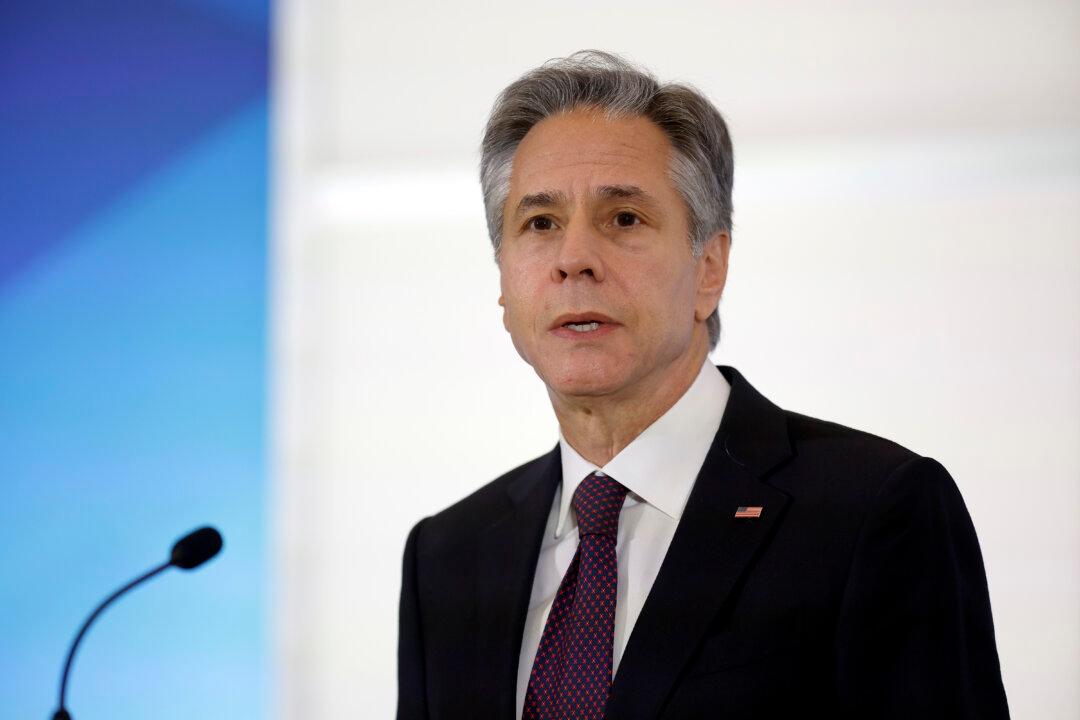China has assured the United States and other countries that it won’t supply Russia lethal aid that could be used against Ukraine, Secretary of State Antony Blinken said after meeting with Chinese leader Xi Jinping on June 19.
Blinken, the highest-ranking U.S. official to visit Beijing since President Joe Biden took office in 2021, said there was no evidence suggesting that the Chinese regime has transferred weapons or provided lethal aid to Russia.





